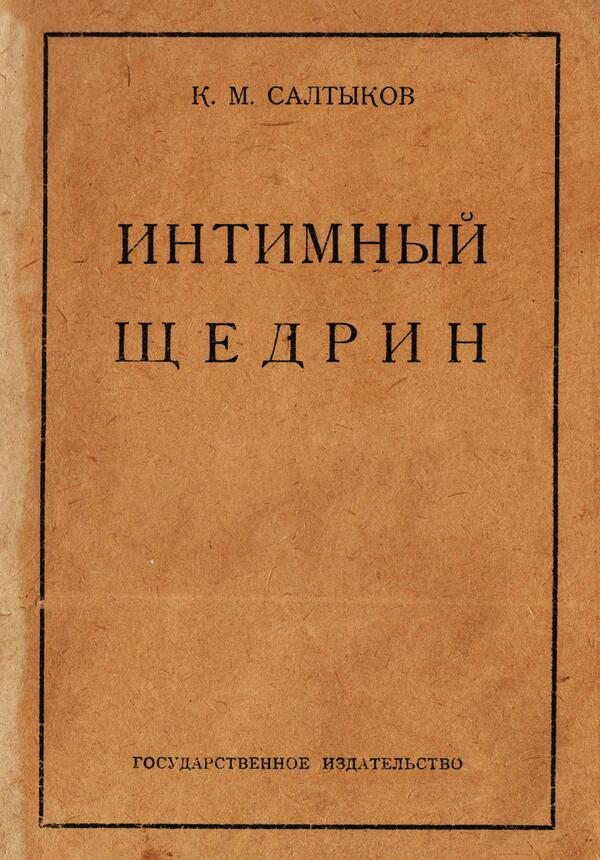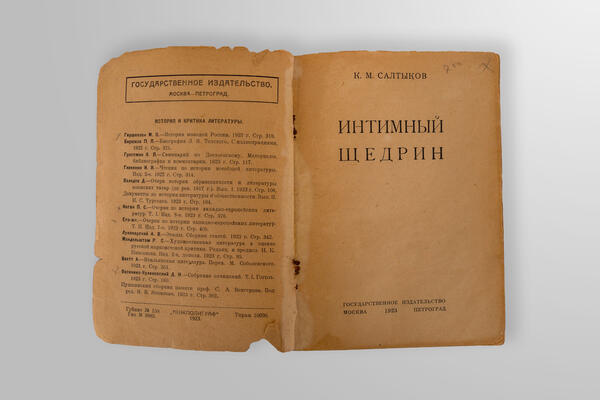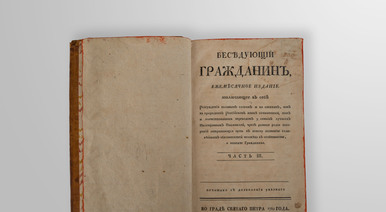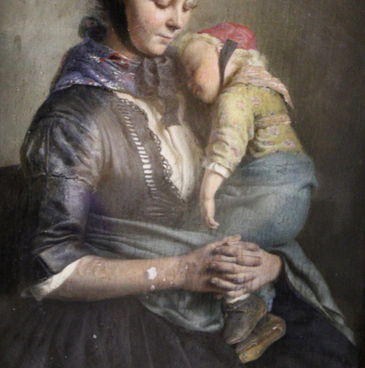Konstantin Saltykov was the long-awaited firstborn in the family of the writer Mikhail Saltykov-Shchedrin. When Konstantin was little, his father used to joke that his son would become a writer or a journalist. However, soon he realized that such expectations were unlikely to be fulfilled. “Although Konstantin is smart, he is lazy, ” the writer admitted in a letter to his acquaintance. Despite this, it was “dear Kostya” whom the writer asked in his last letter to be unconditionally honest, “to love Russian literature more than anything else, and to prefer the title of a writer to any other profession.”
Konstantin Saltykov also recognized that he had “inherited from his father not his extraordinary talent but only some of his diseases.” This did not prevent him from being a journalist, as long as it was possible considering his worsening health. Therefore, in a way, Konstantin followed his father’s wish. In 1907, he came to Penza on a special assignment and worked at the local Ministry of Agriculture and State Property. To everyone’s surprise, without advertising his connection to the famous writer, he published numerous travel sketches in Penzenskie Gubernskie Vedomosti (Penza Governorate News), criticizing the ills of local society.
Konstantin Saltykov’s only book, published in 1923, was torn to pieces by critics; the proletarian poet Demyan Bedny even vilified it as “The Memories of a Son about his Father, or a Fool about an Intellectual”. The reason for such a response was that the writer was portrayed in a way that was unfamiliar to the public and wrong from the point of view of communist ideology. The book was derided as lacking substance and factually inaccurate.
According to their relatives, Konstantin Saltykov
and his father maintained warm relations until the writer’s death. Later,
Konstantin Saltykov always kept with him a photograph of himself and his
sister, that their father was especially fond of, and the writer’s tea set. In his
book, Konstantin also portrayed his famous father in the spirit of “domestic”
and “intimate” relations. However, the book describes Mikhail
Saltykov-Shchedrin not only as a family man. It also includes scenes from his
social and literary life and somewhat complicated relationships with
contemporary writers, including Ivan Turgenev and Nikolay Nekrasov. The author of
the memoirs also paid attention to the writer’s hard work that hastened his
death.





